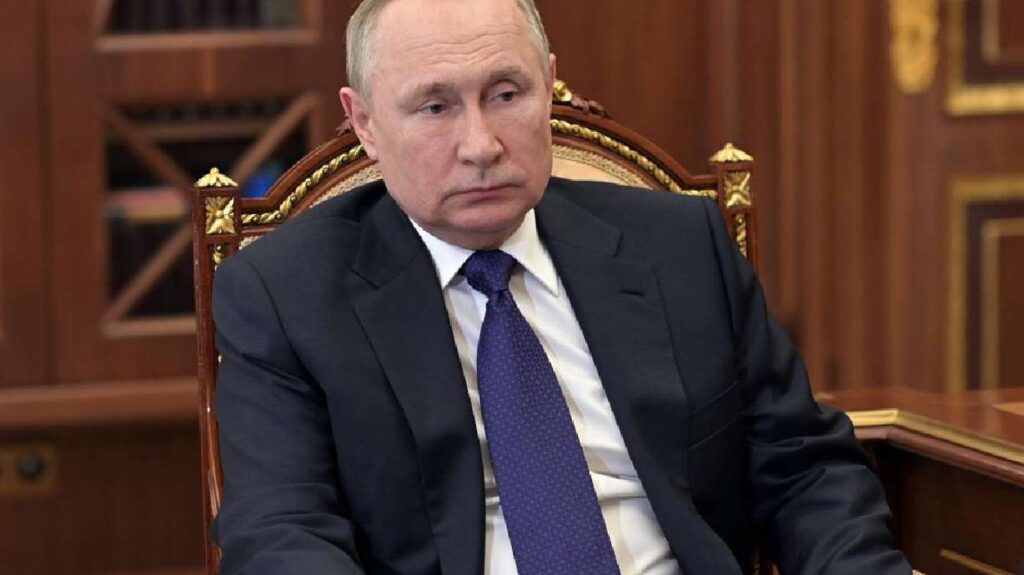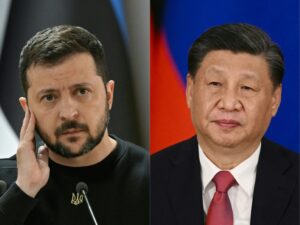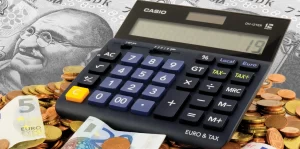
Sophie Grégoire
London (CNN business) Russia has sent the clearest signal that it will soon default – the first time it will fail to fulfill foreign debt obligations since the Bolshevik revolution for more than a century ago.
Half of state foreign reserves – approximately $ 315 billion – has been frozen by Western sanctions imposed after invasion to Ukraine, Russian finance minister Anton Silanov said on Sunday. As a result, Moscow will pay creditors from “unfriendly countries” in the ruble until the sanctions are appointed, he said.
Credit ranking institutions will likely assume Russia by default if Moscow skips payments or paying debts released in dollars or euros with other currencies such as ruble or Chinese yuan. The default can encourage some remaining foreign investors from Russia and further isolate the country’s destroyed economy.
The default can come on Wednesday, when Moscow needs to submit an interest payment of $ 117 million in dollar-denominated government bonds, according to JPMorgan Chase. Although Russia issued bonds that could Georgieva bkristalina, the director of the implementing international monetary funds, said Sunday that Russian default was no longer “impossible.”
Russia has money to serve its debt, but cannot access it, “he said during the interview on the Face of CBS Nation.
Last week, Fitch Ratings lowered Russian debt, said the willingness and ability of Moscow to serve his debt was damaged and default “was near.” The ranking body also warns that Russia can try to pay creditors in certain countries in the ruble.
Analyst at Capital Economics said that default was reflected in the price of Russian dollar bonds, which had hit trading only at 20 cents on the dollar.
Payment of interest due Wednesday comes with a 30-day grace period. But the credit rating agency can declare Russia by default before that period ends if Moscow explained that it did not intend to pay.
The last Russian failed in his domestic debt when the country plunged into the financial crisis with the fall in commodity prices in 1998. The latest foreign currency default came in 1918 when the Bolshevik leader Vladimir Lenin reviewed the bonds issued by the Tsar government.
The Russian government has borrowed relatively slightly. JPMorgan estimates that it has around $ 40 billion foreign currency debt at the end of last year, with about half held by foreign investors.
But the potential consequences of default are difficult to measure. The 2008 global financial crisis and Pandemic Coronavirus showed how negative shocks can spread throughout the global financial and global economic systems.
International banks owe more than $ 121 billion by Russian entities, according to banks for international settlements. European banks have a total claim of more than $ 84 billion, with the most open French, Italian and Austrian, and US banks owed $ 14.7 billion.
Georgieva said the week that the financial crisis was not possible to develop “for now,” said that the exposure to West Bank “was irrelevant system.”
Even if Moscow stopped payments to foreign investors on all state debt, default which is approximately $ 60 billion – including ruble debt abroad – will be in the same stream with Argentina in 2020 – a non-events for the market.
But analyst at Capital Economics warns that one major financial institution may be primarily exposed to Russian debt, which can lead to broader financial transmission. The second risk is that the default can trigger payments that are not answered by the Russian company.







